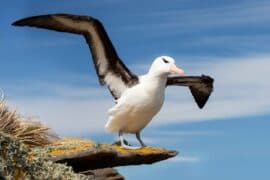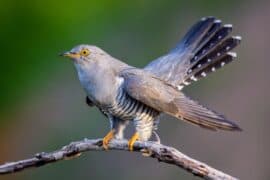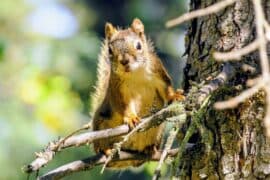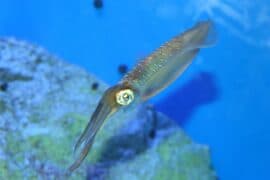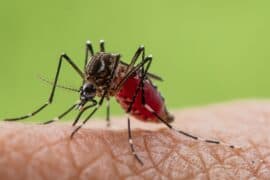Salmon-crested cockatoo
(Cacatua moluccensis)
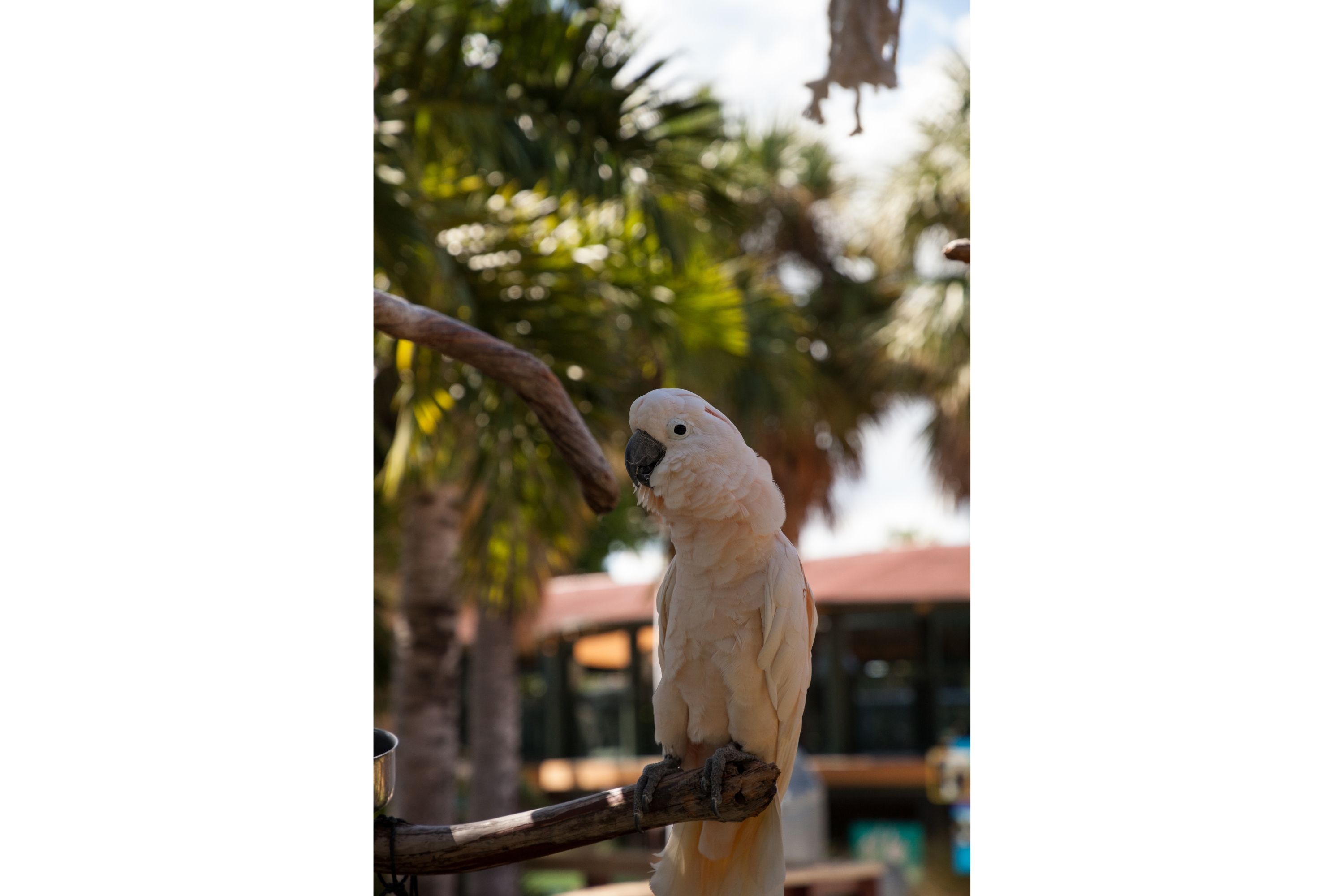
Description
The salmon-crested cockatoo (Cacatua moluccensis), also known as the Moluccan cockatoo, is a cockatoo endemic to the Seram archipelago in eastern Indonesia. At a height of up to 46–52 centimetres (1.51–1.71 ft) and weight of up to 850 grams (1.87 lb), it is among the largest of the white cockatoos. The female is larger than the male on average. It has white-pink feathers with a definite peachy glow, a slight yellow on the underwing and underside of the tail feathers and a large retractable recumbent crest which it raises when threatened, revealing hitherto concealed bright red-orange plumes to frighten potential attackers. It may also be raised in excitement or in other 'emotional' displays. Some describe the crest as "flamingo-colored". It also has one of the louder calls in the parrot world and in captivity is a capable mimic. In the wild the salmon-crested cockatoo inhabits lowland forests below 1000 m. The diet consists mainly of seeds, nuts and fruit, as well as coconuts. There is additional evidence that they eat insects off the ground, and pet Moluccan cockatoos have tested positive for anemia if their diet does not include enough protein. The salmon-crested cockatoo is endemic to the Seram archipelago in eastern Indonesia and has been introduced to the Hawaiian island of Oahu, where a small population has become established.Although they have been observed in the wild in Puerto Rico, they are probably the result of escaped pets, and no reproduction has been recorded. The salmon-crested cockatoo is a vulnerable species, and has been listed on appendix I of CITES since 1989, which makes commercial international trade in wild-caught birds prohibited. Trade in captive bred birds is legal only with appropriate CITES certification. Numbers have declined due to illegal trapping for the cage-bird trade and habitat loss. During the height of the trapping of this species over 6,000 birds were being removed from the wild per year. It has a stronghold in Manusela National Park on Seram, although even today some illegal trapping continues.
Taxonomic tree:



